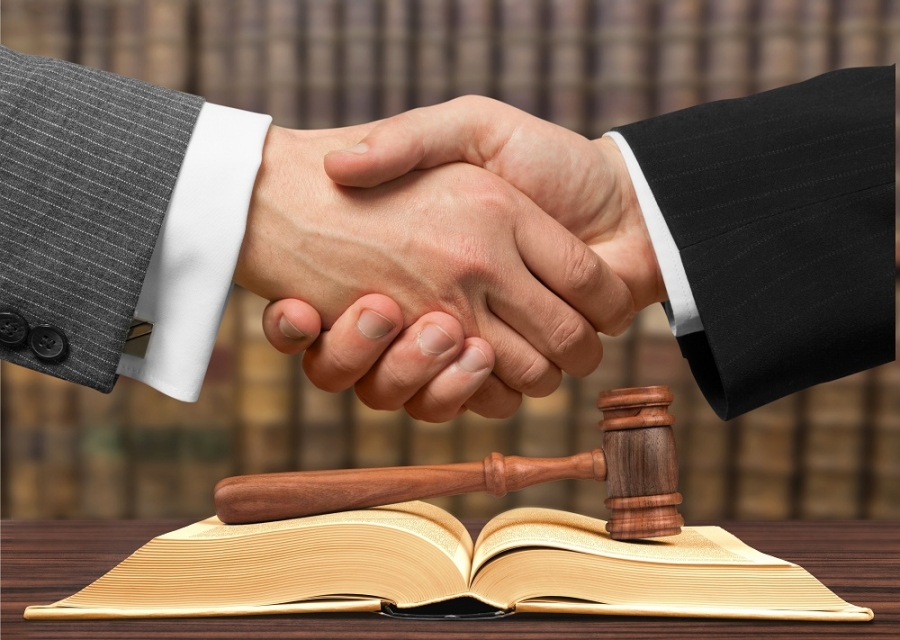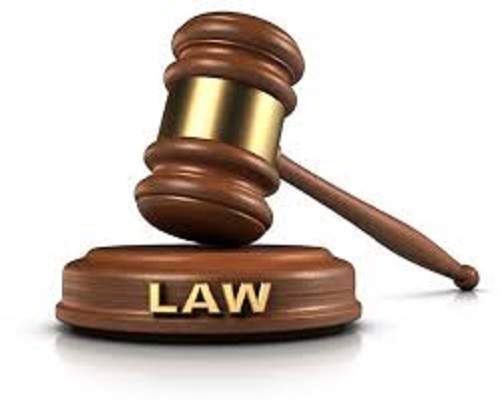Whether you are concerned about DUI charge prevention, are caught by a police officer and questioned about your drunk driving status, or find yourself in the midst of a DUI case and do not know where to turn to for protection, it is important to equip yourself with information of how to minimize your risks. Though hiring a lawyer is one obvious method to help protect yourself against drunk driving charges, it is not the only way in which to protect your confidentiality and rights when questioned by the police or a court. By focusing on prevention and knowing when to refuse particular blood alcohol content tests, you can ensure that you do not break the law or incriminate yourself unfairly.
Prevention: Your Best Weapon Against a DUI Charge
Being a designated driver is a big responsibility: it involves a commitment to yourself and the other drivers out on the road that you will remain alcohol-free. There is definitely a good reason to avoid alcohol and other substances before operating heavy machinery. After all, the statistics show that in the last year alone, about 10,000 people died in drunk driving accidents, and tens of thousands of other accidents involved both minor and major injuries to both drivers and passengers.
The best way to prevent a DUI charge is to avoid alcohol altogether before driving. Some people believe that only one or two drinks doesn’t make much of a difference in terms of your sobriety status. However – even if you have even one drink, your status as “sober” may be challenged or misconstrued by an officer. Furthermore, you never know how that one drink may affect you in terms of mental agility while maneuvering through late-night traffic – especially depending upon what medicine you have been taking, what food you have eaten that day, and what your emotional stress levels are.
Blood Tests vs. Breathalyzer Tests: How to Avoid Unfair Charges
Perhaps unsurprisingly, police officers have been noted to exaggerate their claims about the sobriety of those that they pull over. We like to imagine that the law is fair and just, but unfortunately, police officers are often pressured by their station to catch and convict as many drunk drivers as possible to meet projections and quotas determined locally as well as by the state.
When using a breathalyzer, there is a possibility for the officer to misread the test, bringing some subjectivity into the equation that can haunt you further down the lane in court. The machine may be out of calibration, or it may be used as a device to encourage you to divulge additional details regarding your status. Demanding a blood test will give you a far better reading on your actual blood alcohol content. Unlike the subjective reading on a breathalyzer, the test will be an accurate, precise measure of how drunk you are – and stands up far better in a court situation. Simply tell the officer that you refuse to participate in “Subjective Testing Methods” when it comes to criminal charges.
How to Speak to an Officer: Avoid Incriminating Yourself Further
If you are pulled over, and the police officer begins speaking to you, do not feel pressured to answer all questions and give away any potentially incriminating information about yourself. Any questions that you answer could be used against you in court – and it is your legal right to remain silent if you wish.
This doesn’t mean you have to deny the obvious questions or be rude to the officer – hand over your license as requested, and admit to drinking if you have been. Refrain from telling the officer any unnecessary details, including how much you were drinking, when you stopped drinking, where you were, and who you were with. These details may end up being exaggerated by the officer in court or written testimony, or might lead to production of witnesses of your drunken behavior, so it is best to avoid offering any fuel to the officer for that fire. That being said, do not provide any false information to an officer, or you may face additional charges on top of your DUI.
Protection in the Courtroom: How Lawyers can Help Your Case
By working with an attorney throughout your DUI case, you can drastically reduce your sentence in terms of fines or community service while in court. A lawyer with a great deal of experience in this area can help his or her clients by negotiating with the District Attorney of the court. By strategically filing to remove some of the chemical evidence that is part of the DUI case, it is possible to eliminate your case altogether from court. In the meantime, be sure to avoid alcohol before driving, and if you are unsure of whether or not it is safe to drive – call a cab. A taxi may seem expensive, but it is far cheaper than the lawyer fees you’ll incur if you get a DUI charge!









